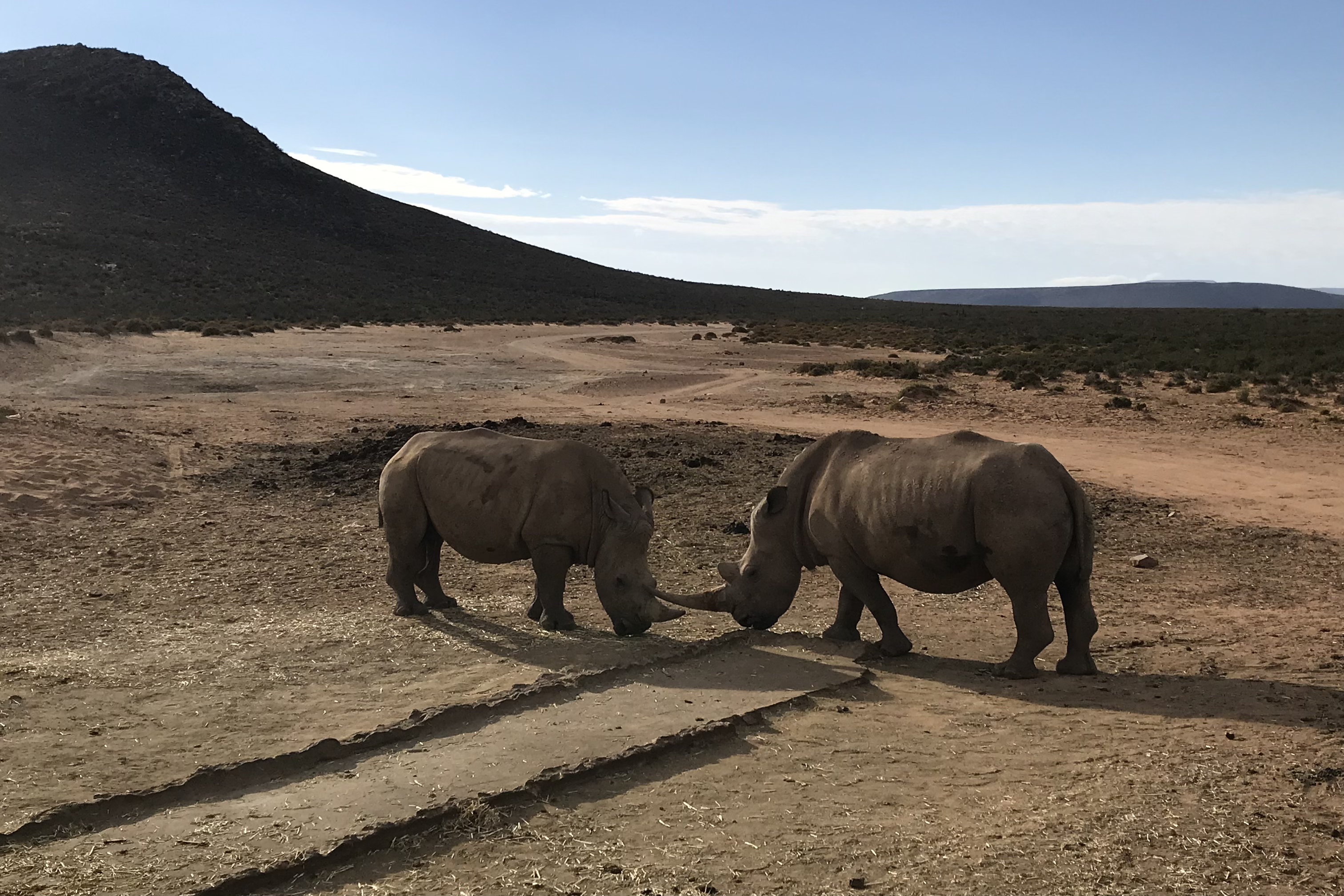Sustainable Travel Starts Here :
What Ecotourism Really Means
What is Ecotourism ?
Ecotourism is a form of sustainable travel that prioritises environmental conservation, cultural respect, and low-impact experiences. This eco-conscious travel approach encourages visitors to engage with nature and local communities in a way that leaves a positive impact while minimising environmental harm. Unlike mass tourism, which can lead to ecological degradation, ecotourism offers a way to travel that preserves natural habitats, supports wildlife conservation, and empowers local populations.
Why Ecotourism Matters ?
Ecotourism plays a crucial role in safeguarding our planet’s most delicate ecosystems, while encouraging a more conscious and sustainable way to travel. Unlike mass tourism, which can leave behind a trail of environmental damage, resource depletion, and cultural erosion, ecotourism offers a gentler footprint. It supports the protection of wild spaces, helps conserve vital habitats, and honours the traditions and heritage of local communities. At its heart, it’s about forging meaningful connections—with nature, with people, and with the places we visit—while ensuring those places remain intact for generations to come.
Verified impacts from leading studies:
- 22% more households lifted from poverty through ecotourism (Scheyvens, 2019)
- 50% faster reef recovery in low-tourism marine areas (GBRMPA, 2022)
- 60% lower carbon footprint per traveler compared to conventional holidays (Buckley, 2022)
- 60% reduction in wildlife stress when maintaining 10m+ distances (IUCN, 2020)
- 80% of revenue retained by local communities vs. 20% with mass tourism (UNEP, 2023)
The Ecotourist Pledge
- Choose ethical tour operators committed to sustainability.
- Reduce your carbon footprint and opt for low-emission travel options.
- Avoid plastic and recycle waste whenever possible.
- Respect wildlife and maintain a safe distance.
- Share wildlife sightings responsibly on social media, promoting ethical practices.
- Support local businesses, particularly those promoting eco-tourism and sustainability.
- Opt for sustainable activities that have minimal environmental impact.
- Practice care while diving or snorkelling, avoiding damage to marine ecosystems.
- Eat and shop responsibly, supporting local, sustainable produce.
- Respect natural and cultural sites, leaving them as you found them.
- Rinse your boots and gear before travelling to prevent the spread of invasive species and germs.
- Join local conservation efforts and give back to the community.
Sources:
- Scheyvens (2019) Annals of Tourism Research
- GBRMPA (2022) Great Barrier Reef Marine Park Authority
- Buckley (2022) Journal of Sustainable Tourism
- IUCN (2020) Tourism and Protected Areas Guidelines
- UNEP (2023) Global Tourism Economic Impact Report

